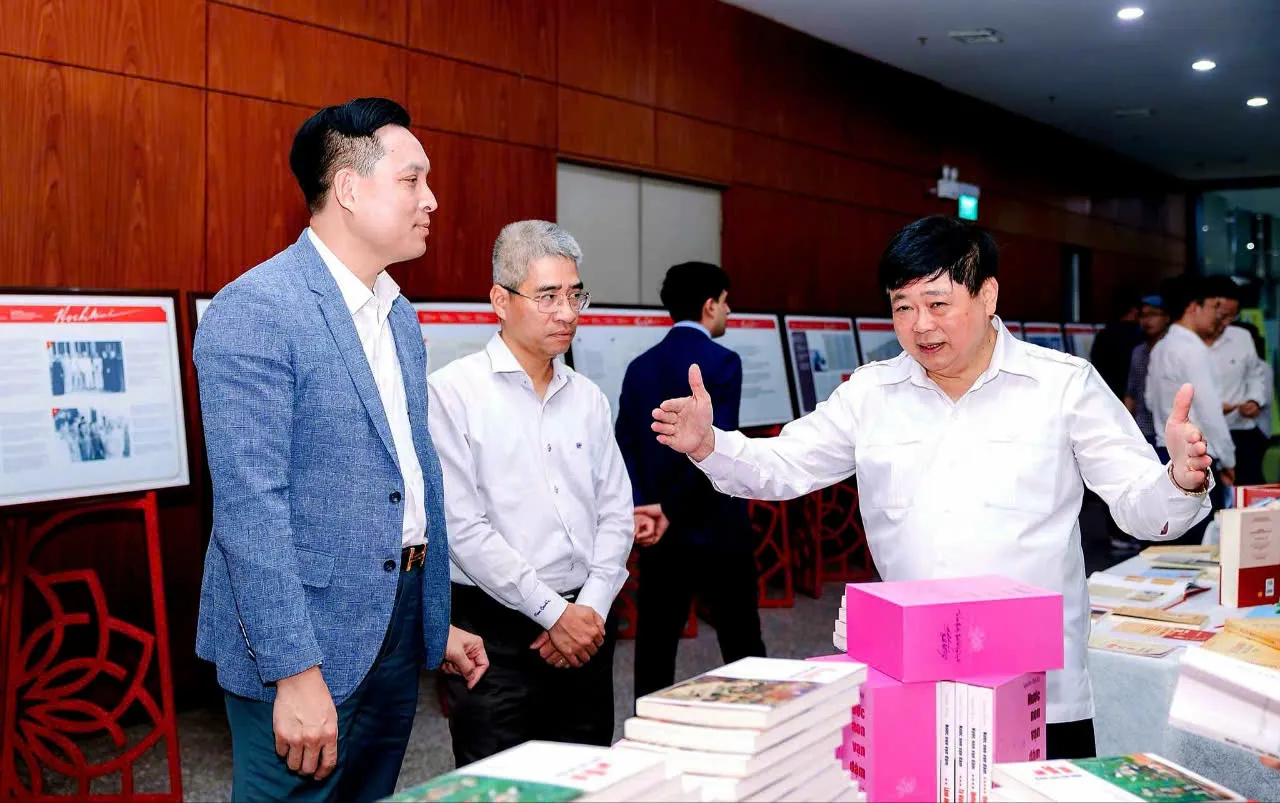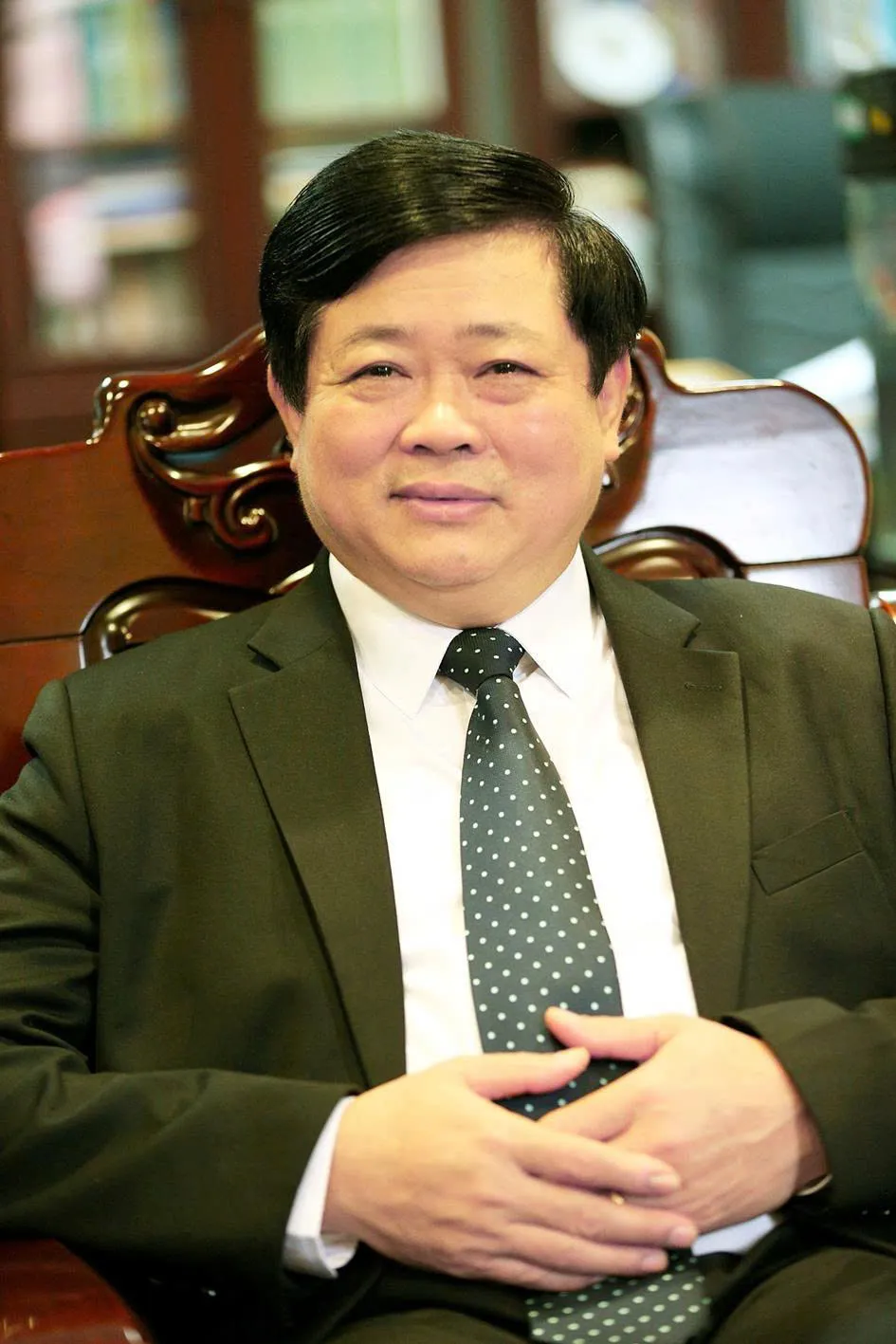Culture advances Vietnam’s global integration
Vietnamese diplomatic missions abroad actively serve as cultural ambassadors to sustainably reinforce the national identity in the long term.
THE HANOI TIMES — Culture is central to national identity and soft power in the era of global integration. Recognizing this, Resolution 59-NQ/TW highlights the role of culture and individuals in Vietnam’s international outreach. The Hanoi Times spoke with Prof. Dr. Nguyen The Ky, Vice Chairman of the Central Theoretical Council, for deeper insight.
What is the role of culture in today’s international integration process?
Culture is a gentle yet powerful bridge that connects people and helps spread Vietnam’s image to the world. Integration becomes imbalanced if it focuses solely on economics or politics. Culture must be recognized as a central pillar, a sustainable foundation for understanding and cooperation among nations.

Hanoians are known for their elegance and civility. Photo: Duy Khanh/The Hanoi Times
Through culture, Vietnam and its people project a friendly and welcoming identity. Culture encompasses not only cuisine, music, and language but also lifestyle, behavior, a humanistic spirit, and a deep-rooted tolerance accumulated over thousands of years. These values form the foundation of the nation’s soft power.
In the context of globalization, many countries have identified cultural diplomacy as a strategic priority. Vietnam should promote its culture through creative avenues such as the arts, cinema, tourism, and digital media to ensure it is not only recognized but also truly appreciated. These efforts fuel long-term cooperation and improve the country’s international profile.
What are the biggest challenges facing Vietnamese culture as it becomes more deeply integrated into the global community?
International integration provides many opportunities for Vietnamese culture, especially accessing global cultural achievements and using digital technology to promote national values worldwide. However, the approaches also present significant challenges, most notably the risk of cultural dilution, which could erode Vietnam’s distinct identity.
The influx of foreign cultural material, particularly via the internet and social media, can result in the indiscriminate adoption of inappropriate elements that could undermine traditional Vietnamese values. Trends promoting materialism, violence, vulgarity, and distorted ideologies, such as a distorted view of democracy or narrow nationalism, are increasingly influencing lifestyles and mindsets, particularly among younger generations.

In this context, Vietnamese culture must develop resilience and adaptability. It is essential to selectively absorb the essence of global culture while remaining steadfast in preserving core values shaped over millennia. It is equally important to strengthen and enrich national culture through active, meaningful exchange rather than passive assimilation. This responsibility does not rest solely with the cultural sector, but with the entire society.
What should Vietnamese people do to integrate effectively while preserving national traditions?
People are at the center of culture and are a key driving force in the integration process. To interact extensively with the world without losing their identity, Vietnamese people must uphold cultural integrity and preserve national dignity.
One essential quality is national pride, a deep and conscious awareness of cultural values passed down by ancestors. It's a genuine and well-founded sense of respect for a spiritual heritage preserved for thousands of years.
In a complex, multidimensional world, Vietnamese people face challenges of preserving their identity. This requires discernment when engaging with foreign cultural influences, avoiding blind conformity to trends, and safeguarding against the erosion or disconnection of traditional roots. Tradition should not be limited to nostalgia but must be thoughtfully renewed through modern thinking that resonates with today's global context.
Former General Secretary Nguyen Phu Trong once said: "As long as culture survives, the nation survives." This powerful statement is a cultural declaration and a timely reminder of our shared responsibility to preserve and promote national identity in global integration.

Nguyen The Ky, Vice Chairman of the Central Theoretical Council. Photo: Minh Thu/The Hanoi Times
What specific approaches is Vietnam using to effectively and sustainably project its national culture to the world?
Vietnam has implemented a range of effective initiatives to promote its culture on the global stage. A key driver of this effort is the country’s network of diplomatic missions abroad. In addition to their political, economic, and consular roles, these embassies and consulates act as cultural ambassadors promoting Vietnam through international festivals, academic exchanges, and community events that highlight the nation’s land, people, and traditions.
A prominent example of cultural outreach is Vietnam’s participation in United Nations peacekeeping missions. In remote areas such as South Sudan and the Central African Republic, Vietnamese officers and soldiers fulfill their duties in medicine, engineering, and logistics to international standards. At the same time, they embody and share Vietnamese cultural values through compassionate and responsible engagement, assisting local communities with climate-resilient farming, clean water access, sanitation, and social cohesion.
These quiet yet impactful contributions reflect the humanitarian spirit, tolerance, and harmony central to Vietnamese identity.
Major Vietnamese enterprises such as Viettel also play a role in cultural diplomacy. Beyond providing telecommunications and technology services abroad, these companies invest in education, healthcare, and community development, reinforcing Vietnam’s image as a dynamic, responsible, and culturally rich nation.
Thank you for your insights!












